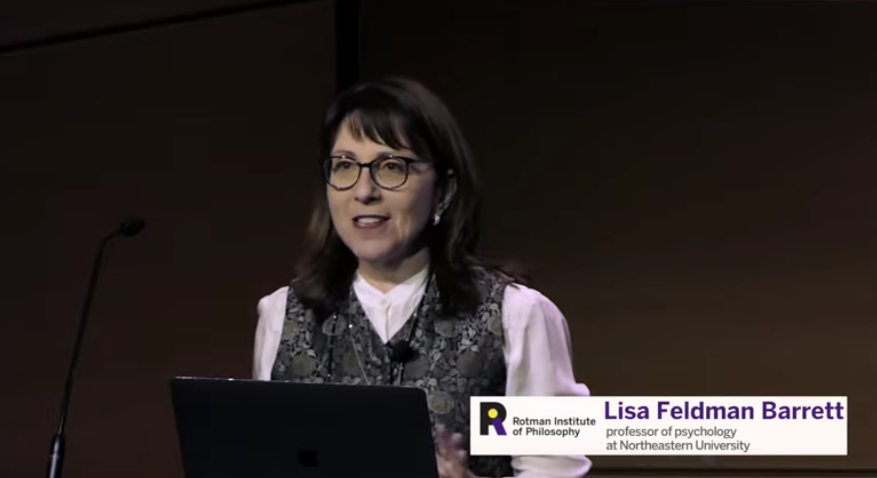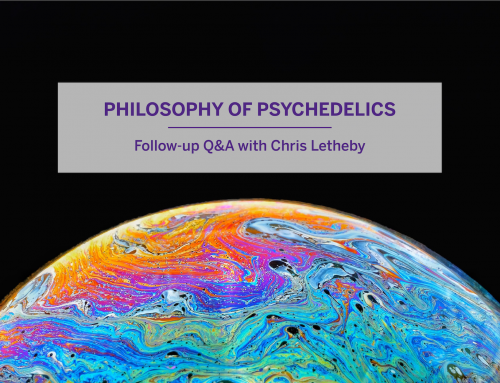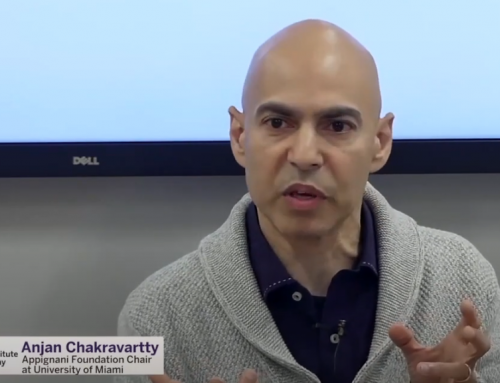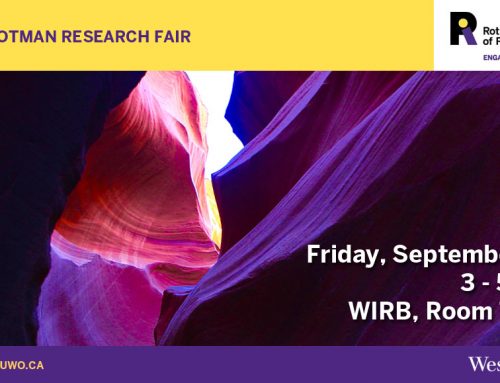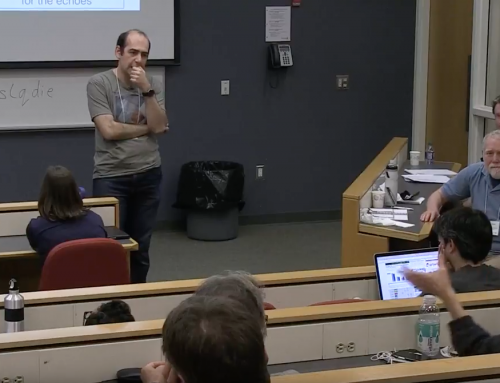The Rotman Institute YouTube channel continues to grow, and is currently up to over 4,100 subscribers. With videos from our annual speakers series, Institute hosted academic conferences, and unique events like our Rotman Dialogues, our channel includes content on a range of philosophical topics and areas. Listed below are our top 10 most popular videos from 2019. Check out the videos if you missed these events, and find other great videos on our YouTube channel.
Happy New Year, everyone!
Local realism is the worldview in which physical properties of objects exist independently of measurement and where physical influences cannot travel faster than the speed of light. Bell’s theorem states that this worldview is incompatible with the predictions of quantum mechanics, as is expressed in Bell’s inequalities. Previous experiments convincingly supported the quantum predictions. Yet, every experiment requires assumptions that provide loopholes for a local realist explanation. In this paper, I will discuss the recent results from my laboratory, in which we designed an experiment that closes the most significant of these loopholes simultaneously. Using a well-optimized source of entangled photons, rapid setting generation, and highly efficient superconducting detectors, we observe a violation of a Bell inequality with high statistical significance. The purely statistical probability of our results to occur under local realism is exceedingly unlikely, corresponding to an 11.5 standard deviation effect.
Marissa Giustina, University of Vienna, Physics
Information-Theoretic Interpretations of Quantum Mechanics: 2016 Annual Philosophy of Physics Conference
June 11-12, 2016
Lee Smolin, Perimeter Institute for Theoretical Physics
Cosmology and the Future of Spacetime conference
June 14, 2017
2014 Metaphysics Within and Without Physics Conference
Tim Maudlin, New York University
June 7-8, 2014
The 1960s saw many revolutions, worldwide, and some of that epoch’s revolutionary spirit manifested itself in philosophy of science, with strong reactions against the dominant ‘received view’ of Logical Positivism. Scientific realism emerged to dispute ontology, Kuhn single-handedly turned our eyes back to history of science, and the semantic approach replaced the methodological framework for philosophers of science. The Logical Positivist revolution had just about reached age 50 at the time; today the semantic approach is about 50 years old as well. I will discuss its development, fortunes and misfortunes, suggest that a new, third revolution is due, and invite speculation about what it might be.
Bas van Fraassen, Princeton University and San Francisco State University
April 4, 2014
Peter Singer’s Animal Liberation, often credited with starting the modern animal rights movement, was first published in September 1975. In this lecture, the author assesses how well the argument has stood up over that period, and what progress has been made towards the changes in our treatment of animals that the book advocates.
Peter Singer, Princeton University and University of Melbourne
September 18, 2015
Isaac Newton famously claimed that hypotheses, i.e., unproved propositions, have no place in “experimental philosophy.” Maxwell disagreed and proposed three methods that can legitmately be employed when a scientist lacks proof for a theory, or even a theory to be proved. What are these methods, and are they legitimate?
Peter Achinstein, Johns Hopkins University
November 13, 2014
On vital issues such as genetically-modified foods and climate change, having correct scientific knowledge is vital for making good public policy. How does philosophy help us understand science? How strong is the scientific consensus about climate change, and the effects our species has on it? Naomi Oreskes, co-author of the award-winning book Merchants of Doubt: How a Handful of Scientists Obscured the Truth on Issues from Tobacco Smoke to Global Warming, has studied the climate change debate as a historian and philosopher, and will explore the above questions, and more. Oreskes courageous work to expose deliberate attempts to sow confusion and doubt about important issues, such as climate change, is not based in rhetoric, as it is with some of the ‘merchants of doubt’ she writes about, but on looking at science using philosophical techniques.
Dr. Naomi Oreskes, Harvard University
October 4, 2013
In this talk, we’ll explore a series of experiments about emotion whose conclusions seem to defy common sense. We’ll learn that common sense is wrong, and has been for 2000 years. In the process, we’ll dispel four of the most widespread fictions about emotions that lurk in classrooms, boardrooms and bedrooms around the world. We’ll then explore a radically new scientific understanding of what emotions are and how they work.
Lisa Feldman Barrett, Northeastern University
March 28, 2019
In humans, hippocampal function is generally recognized as supporting episodic memory, which is characterized by the organization of experience over time, whereas in rats, many believe that the hippocampus creates maps of the environment and supports spatial navigation. How do we reconcile the episodic memory and spatial mapping views of hippocampal function? Here I will discuss evidence that, during learning of what happens where, hippocampal place cells map the locations of events in their spatial context. In addition, I will describe recent findings that, during learning of what happens when map specific events within their temporal context. These findings support an emerging view that the hippocampus supports episodic memory by creating a “scaffolding” for the organization of events within their spatial and temporal context.
Howard Eichenbaum, Boston University
March 12th 2014
Loop Quantum Gravity describes the dynamics of quanta of spacetime. What is the relation between those quanta and the classical spacetime? Moving from this question, I will introduce the covariant dynamics of the theory and discuss how this does not allow curvature singularities to form.
Kerry McKenzie, Western University
2014 Metaphysics Within and Without Physics Conference
June 7-8, 2014

